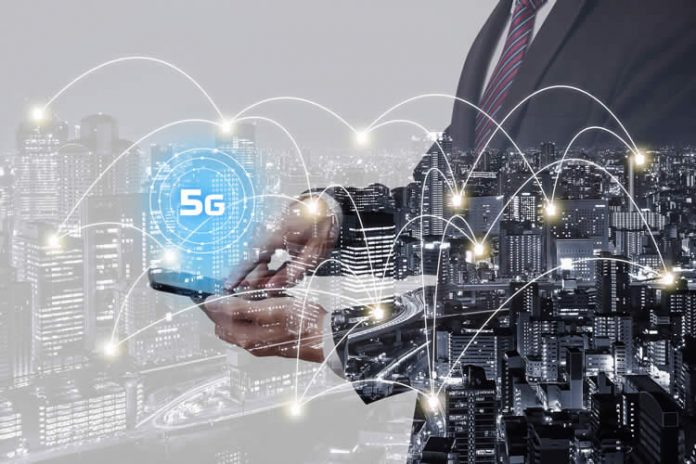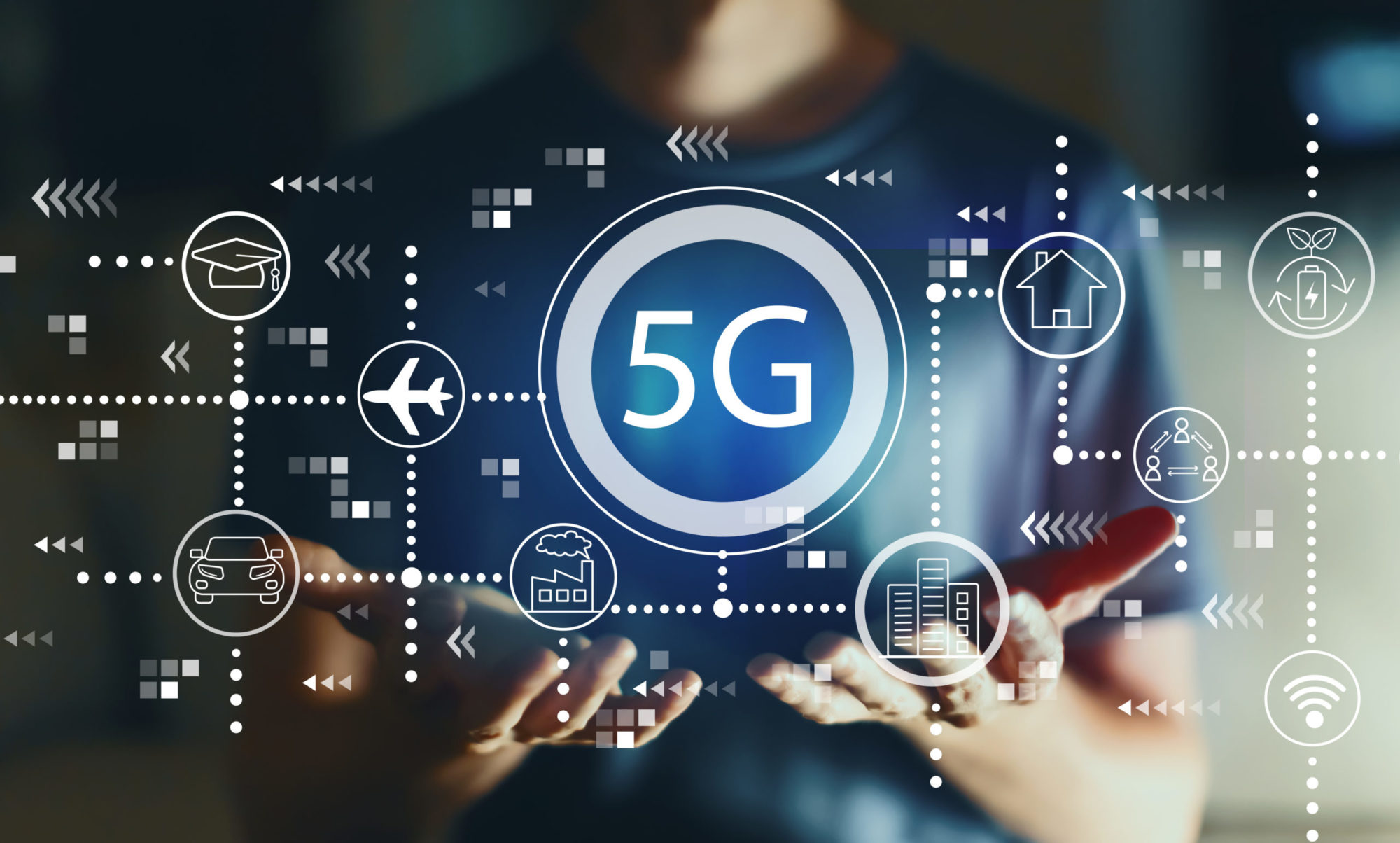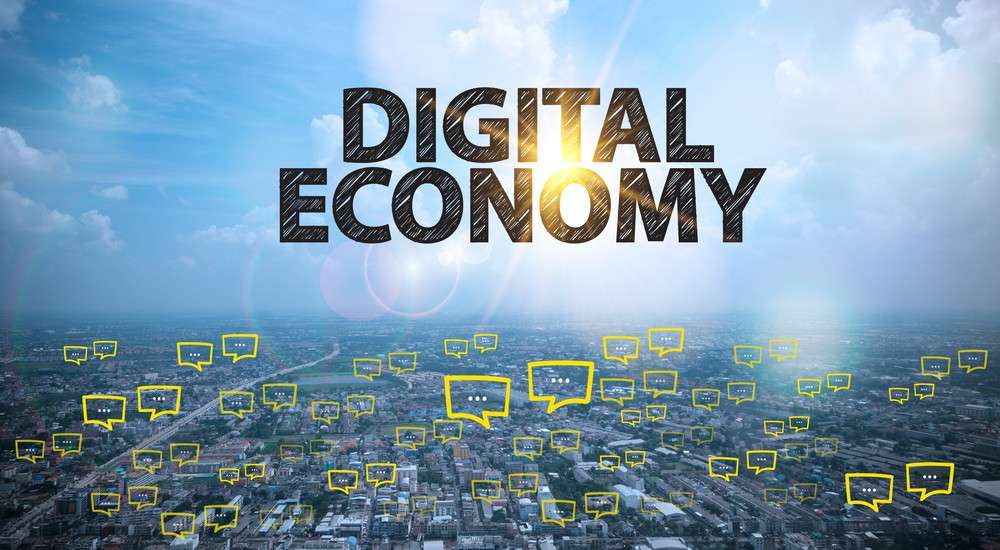Introduction to 5G Technology
The advent of 5G technology is revolutionizing industries by enabling ultra-fast internet speeds, reducing latency, and supporting the growth of the Internet of Things (IoT), thereby enhancing connectivity, driving innovation, and facilitating the development of smart cities and autonomous vehicles. 5G technology, the fifth generation of wireless communication, is set to revolutionize the way we connect and interact. With its high-speed internet and low latency, 5G promises to enhance various aspects of our daily lives. This blog post explores the multifaceted impact of 5G technology on modern society.
Enhanced Mobile Experience

Enhanced Mobile Experience refers to the significant improvements in mobile connectivity and user experience brought about by advancements in wireless technology, particularly 5G. With its ultra-fast internet speeds, reduced latency, and higher bandwidth, 5G enables seamless streaming of high-definition videos, real-time gaming, and faster download and upload speeds, transforming how users interact with mobile devices. Moreover, the enhanced mobile experience supports augmented reality (AR) and virtual reality (VR) applications, providing immersive experiences for entertainment, education, and professional training. This technological leap not only caters to the increasing demand for mobile data but also paves the way for innovative services and applications, fundamentally changing the way we live, work, and connect.
ALSO READ THID : The Future of Higher Education Post-Pandemic
Advancements in Healthcare

The healthcare industry stands to gain immensely from 5G technology. With its ability to support telemedicine, remote surgeries, and real-time patient monitoring, 5G can improve access to healthcare services and enhance the quality of care delivered. Medical professionals can also leverage 5G to collaborate more effectively across distances. Advancements in healthcare, driven by innovations in medical technology and digital health solutions, are enabling more precise diagnostics, personalized treatment plans, and improved patient outcomes, thereby revolutionizing the delivery and effectiveness of medical care.
Transformation of Smart Cities

5G technology is a key enabler of smart cities. It facilitates the integration of various systems, such as traffic management, public safety, and environmental monitoring, making cities more efficient and livable. With 5G, cities can deploy intelligent infrastructure that responds dynamically to real-time data. The transformation of smart cities, facilitated by the integration of advanced technologies like IoT, AI, and 5G, is enhancing urban living by improving infrastructure efficiency, reducing environmental impact, and providing citizens with smarter, more responsive public services.
Boosting IoT Innovations

The Internet of Things (IoT) will benefit greatly from 5G technology. The high-speed and low-latency features of 5G will support the seamless connectivity of a vast number of IoT devices. This will drive innovations in sectors such as manufacturing, agriculture, and home automation. The widespread adoption of 5G technology is significantly boosting IoT innovations by providing faster, more reliable connectivity, thereby enabling the seamless operation and interaction of a vast network of connected devices across various industries.
Economic Impact

5G technology is expected to have a substantial economic impact. By enabling new business models and industries, 5G can create jobs and spur economic growth. Industries such as autonomous vehicles, augmented reality, and virtual reality will likely thrive in a 5G-enabled world. The economic impact of 5G technology is profound, driving business innovation, creating new business models, stimulating global economic growth, transforming consumer experiences, and enhancing the competitiveness of nations in the global market.
Challenges and Considerations
Despite its potential benefits, the deployment of 5G technology comes with challenges. Concerns about cybersecurity, privacy, and the digital divide must be addressed to ensure that the advantages of 5G are realized equitably. Policymakers and stakeholders must work together to navigate these issues.
In conclusion, 5G technology holds transformative potential for various sectors of society. As we embrace this new era of connectivity, it is crucial to consider both the opportunities and challenges it presents.



